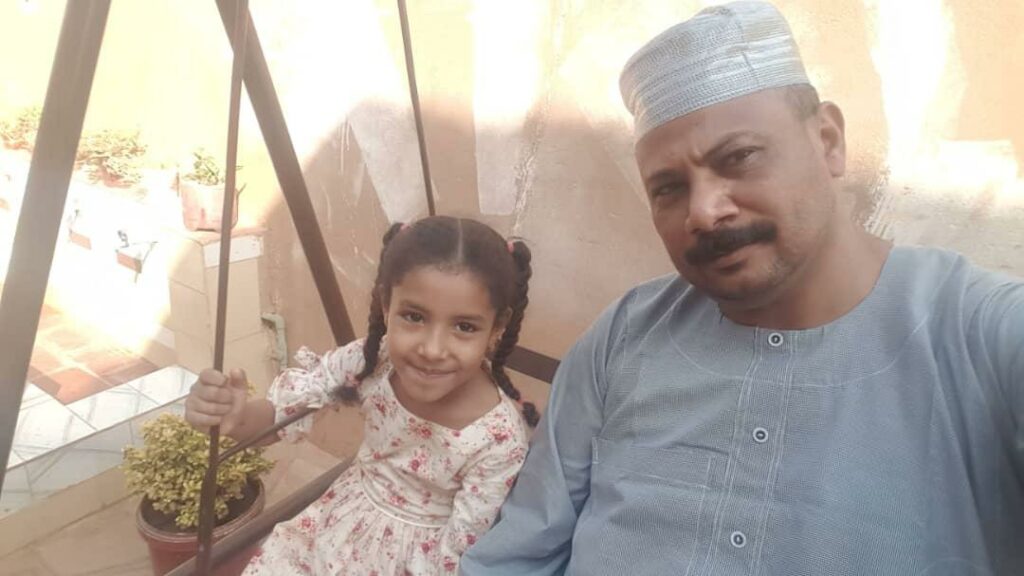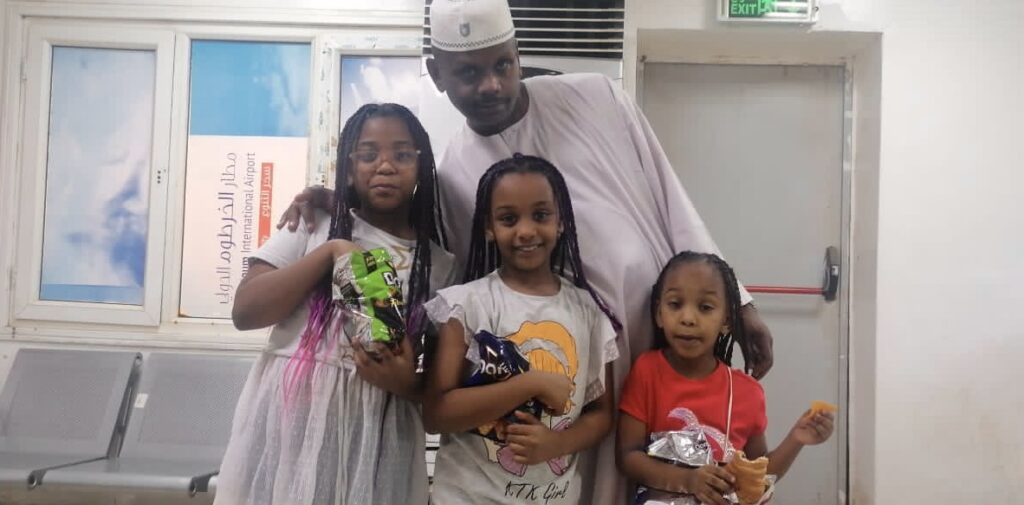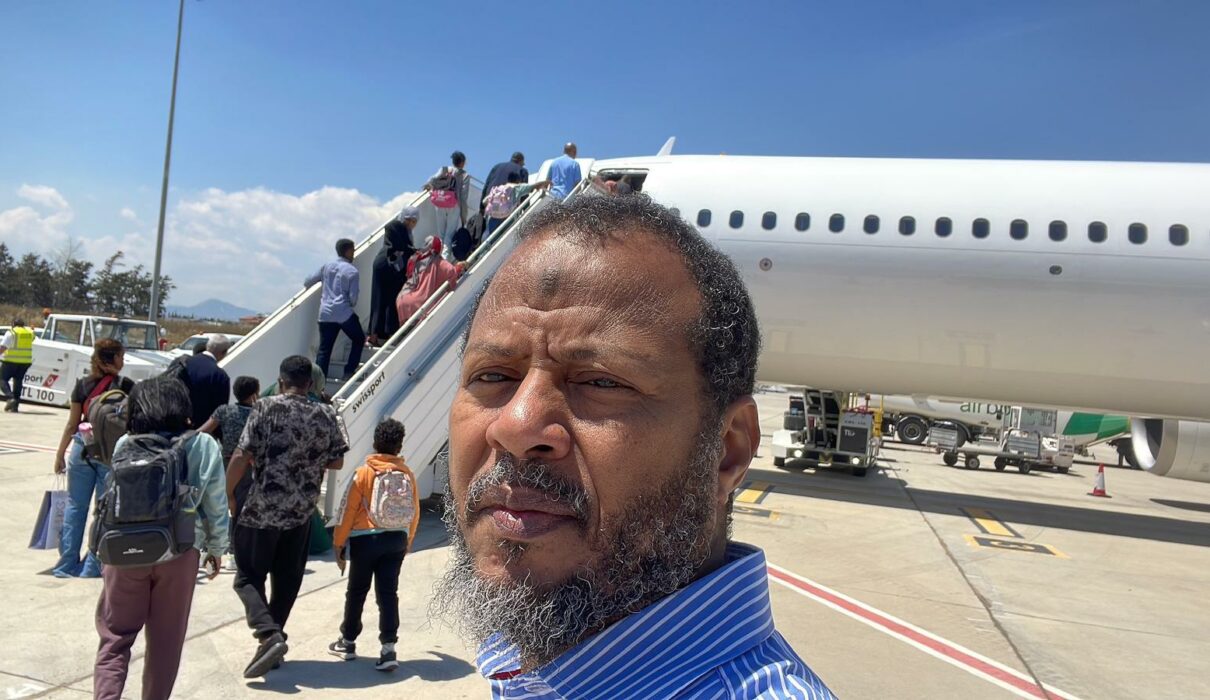In April 2023, my life was thrown into darkness.
War had erupted in Sudan’s capital. The city I once called home—Khartoum—had become unrecognizable overnight. Explosions thundered in the distance, and the sky turned gray with smoke. Gunfire echoed through neighborhoods. People ran, fled, or hid in silence. It was chaos. Deadly, unrelenting chaos.
I am Yaslam Altayeb, a Sudanese businessman who also holds European citizenship. My work, my life, has revolved around building bridges—between Sudan and the world, between opportunity and hope. But in those fateful days, no citizenship or good will could shield me from the violence and lawlessness that descended upon us.
It was the Rapid Support Forces—RSF—who took me. They stormed the area in convoys of pickup trucks, armed to the teeth, shouting, threatening, dragging people away. I was one of them. They accused me of being an “enemy agent” simply because I had a foreign passport. I tried to speak, to explain, but they weren’t interested in the truth. They threw me into a dark building in Khartoum that had been turned into a makeshift prison. That was where the nightmare began.
For 15 long, soul-breaking days, I was held hostage—cut off from the outside world, completely at their mercy.
In that hell, two men became my lifeline: Dr. Khalid Abdullah Dangal and Khalid Zaid. Both good men, both innocent, both fellow hostages of the RSF. We had never met before, but in that place, we became brothers. We shared not only the same cell, but the same fears, the same hunger, the same uncertain fate.
We kept each other alive in spirit.


Each day, we spoke quietly to one another—about our families, our children, our dreams. We reminded one another that we had to stay strong, not just for ourselves, but for them—for our loved ones who were waiting and praying and suffering in silence outside. It was those conversations, those small sparks of humanity, that gave us the strength to face another hour, another day.
But I left them behind. And that truth haunts me.
When I was finally released, they remained in RSF custody. To this day, they are still being held. I think of them constantly. Their absence aches like a wound that refuses to heal. I see photos of their children—beautiful, innocent faces—on WhatsApp statuses and stories. Sometimes a picture of them holding a toy, sometimes a message: “I miss you, Baba.” It shatters me every time.
I think of their wives, their families, living each day in agony, not knowing if their fathers, husbands, sons will ever come home. Their pain is deep. Their silence speaks volumes.
The day of my release came like a cruel twist in a terrifying story. One by one, they took the others out for interrogation. We never knew what would happen—some returned, some didn’t. I sat in that cell, paralyzed by dread. Then, they called my name.
In that moment, I was certain: this was it. I had seen what happened to others. I remembered Hatem, a cellmate who was taken and executed. I had heard the argument. I had heard the gunshots. I expected the same fate. I braced myself for torture, for death. I said my final prayers.
But when I stood before them, trembling, they said I was to be released.
I couldn’t comprehend it. Part of me didn’t believe it until I was far, far away from that place. My body walked out, but part of my soul stayed behind—with Khalid and Khalid, with all those who were still being held, silenced, abused.
Now, safe in the UK, I struggle with survivor’s guilt. I wake up in the night still hearing the echoes of pain from that cell. I look at my own children, and my thoughts drift to the children of my brothers left behind. I survived, but they remain in chains. I speak, while they are kept silent.
I’m telling this story not just for myself, but for them. For Dr. Khalid, for Khalid Zaid, for Hatem, for every innocent soul detained, tortured, or killed by the RSF. The world must know. These are not faceless statistics—these are fathers, husbands, sons. Human beings.
We must not look away. We must not forget.
Their families are still waiting. Their children are still crying. Their stories deserve to be heard. And I will carry their names with me until they are free.


